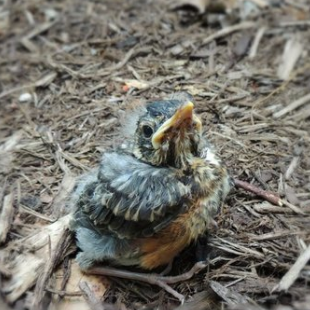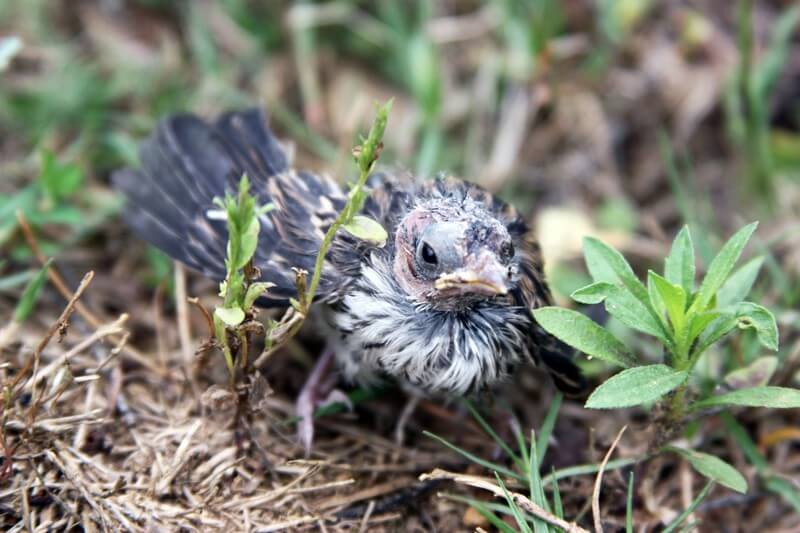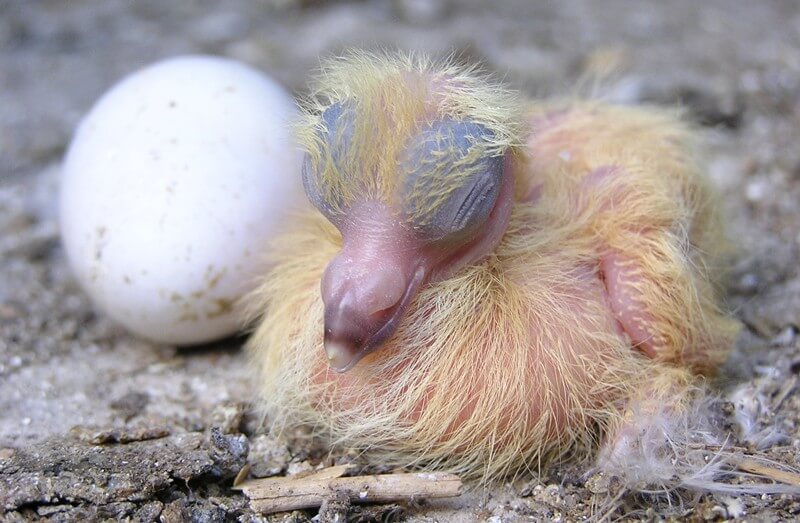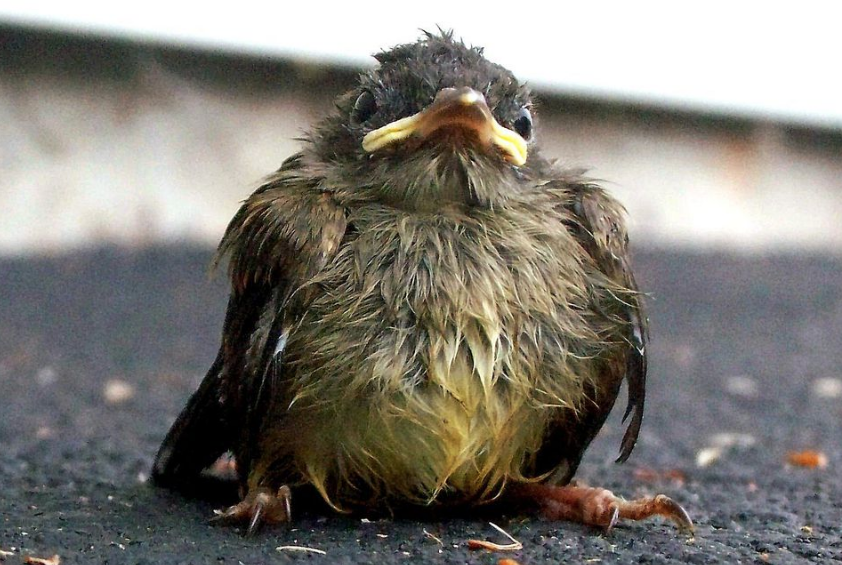Found a baby bird?
found a baby bird? A guide for how to help.An Introduction
Finding a young bird triggers compassion and helpfulness in most people, but the very best help you can give a baby bird is to simply leave it alone, or if absolutely necessary, to intervene in only minor ways. Infant mortality is high for young birds, and the strongest, healthiest chicks will survive even without human assistance, no matter how helpless they may seem.
Many species of birds leave the nest and spend as many as 2-5 days on the ground before they can fly. This is a normal and vital part of the young birds’ development. While they are on the ground, the birds are cared for and protected by their parents and are taught essential life skills (finding food, identifying predators, flying). Taking these birds into captivity denies them the opportunity to learn skills they will need to survive in the wild.
Share this information with your children or neighborhood children, and advise them to find an adult to give them a hand if they find a baby bird on the ground.

A QUICK OVERVIEW:
- Don’t touch it unless it is in danger,
- Don’t give it food or water,
- Don’t remove it from where you found it,
- Don’t pet or stroke to calm it,
- Keep dogs and cats away.
1. Identify whether it is a nestling or a fledgling.
If you find a baby bird on the ground, first identify whether it is a nestling or a fledgling.
Nestlings are generally identified as having few feathers and unable to walk, hop or flap its wings.
Fledglings are typically fully feathered with a short tail and wings. They are able to walk, hop, flap and may attempt short flights.


If your bird is a nestling, you can try to help it by gently picking it up and placing it back in its nest. Most birds have a poor sense of smell, do not worry that they will abandon it because it has been handled by humans.
If you are unable to find the nest or it is unreachable or destroyed, line a small basket with tissue or soft leaves and place it in a tree as close to where you found the bird as possible. Be sure the basket is secure (attach it to the tree if necessary) so the baby bird will not tumble out.
After the nestling has been secured it is essential that humans not approach the nestling. The parent birds will hear their baby, but they may be cautious after any type of disturbance, so it may take several hours before they approach the nestling.
In this video, a wildlife biologist provides a great idea for making a substitute nest.
3. How to Protect & Help FLedglings
Typically a fledgling will spend 2-5 days on the ground while it is building its strength and learning to fly. They are still being cared for by their parents even though you may not see them, and learning to live life on their own.
If you are concerned about a fledgling, watch to see if it can care for itself or if the parent birds are tending to it, but do this from a place where you cannot be seen. It may take a half hour or longer for parent birds to return to their baby, so patience is important.
If the parents are taking care of it, keep people and pets away from the area, so the parents can continue caring for it.
If the parents are not taking care of it, and it is unable to care for itself, you may want to consider feeding it. If you do not know which species it is, send us a photo and we will try to help. audubondemexico@gmail.com

Subscribe to our newsletter
Our monthly newsletter will keep you up to date on our scheduled events, our work, and features monthly nature-related articles.
